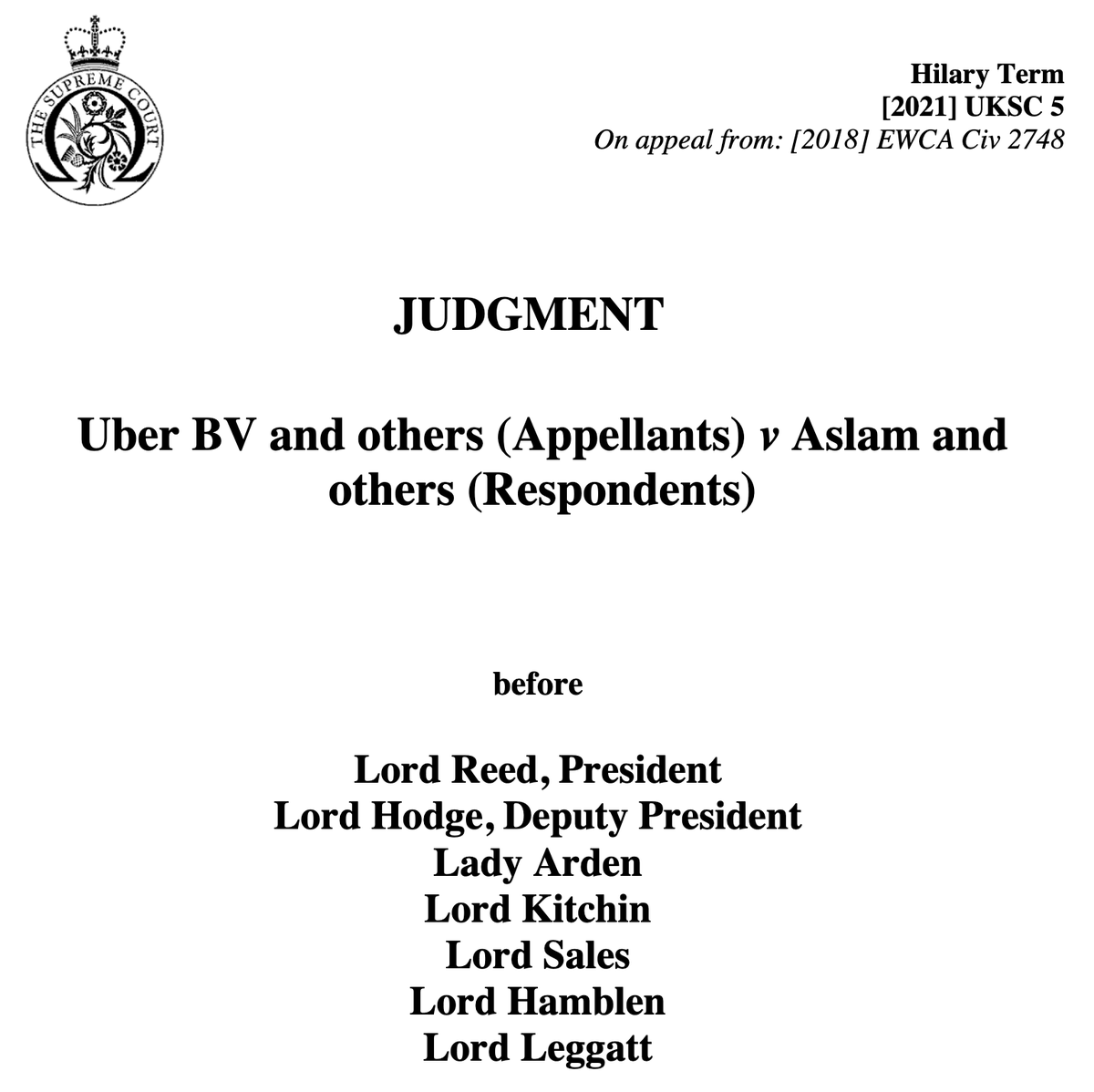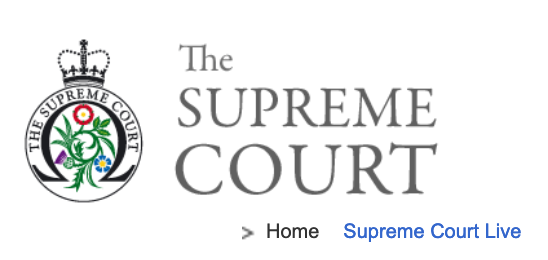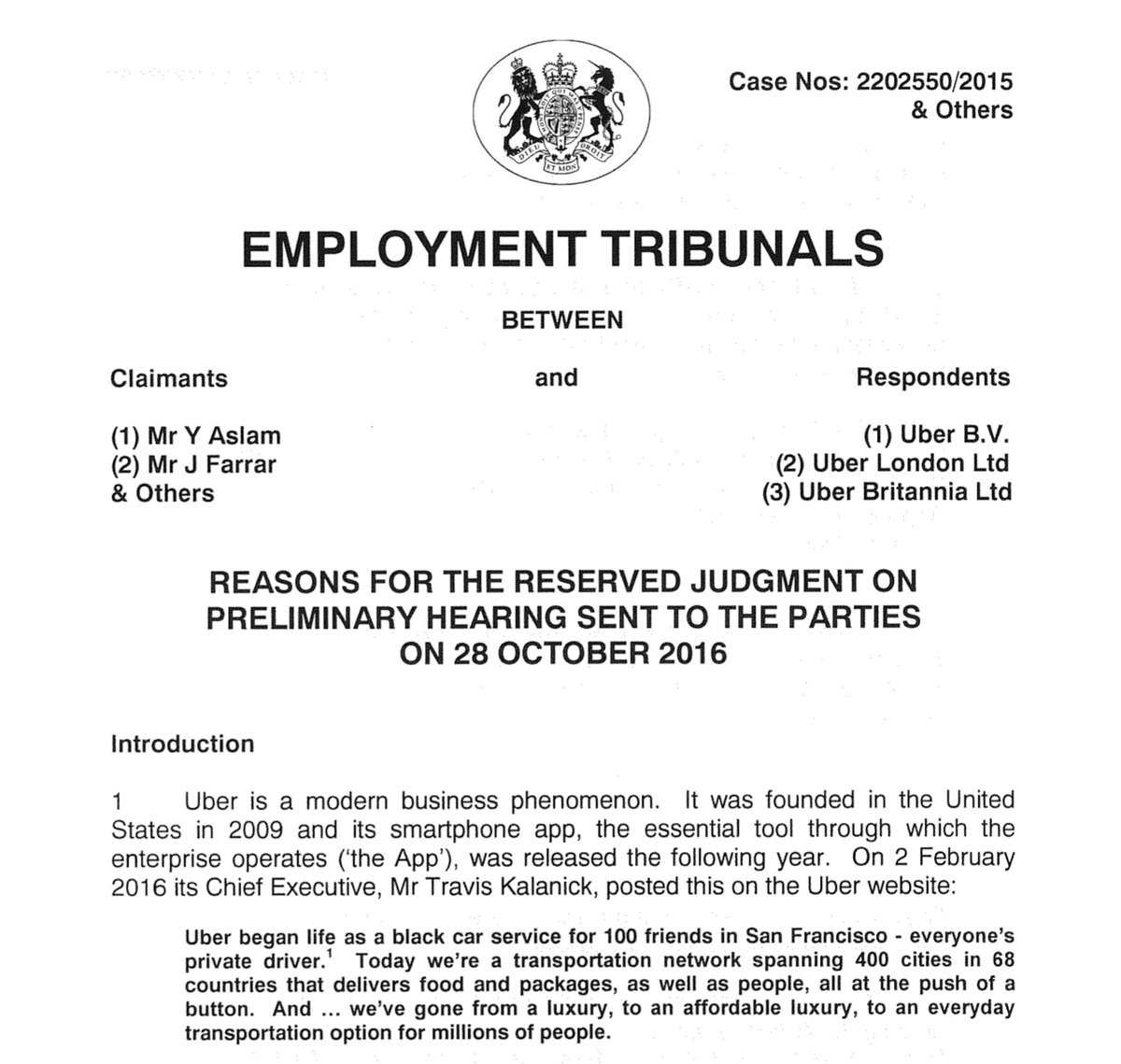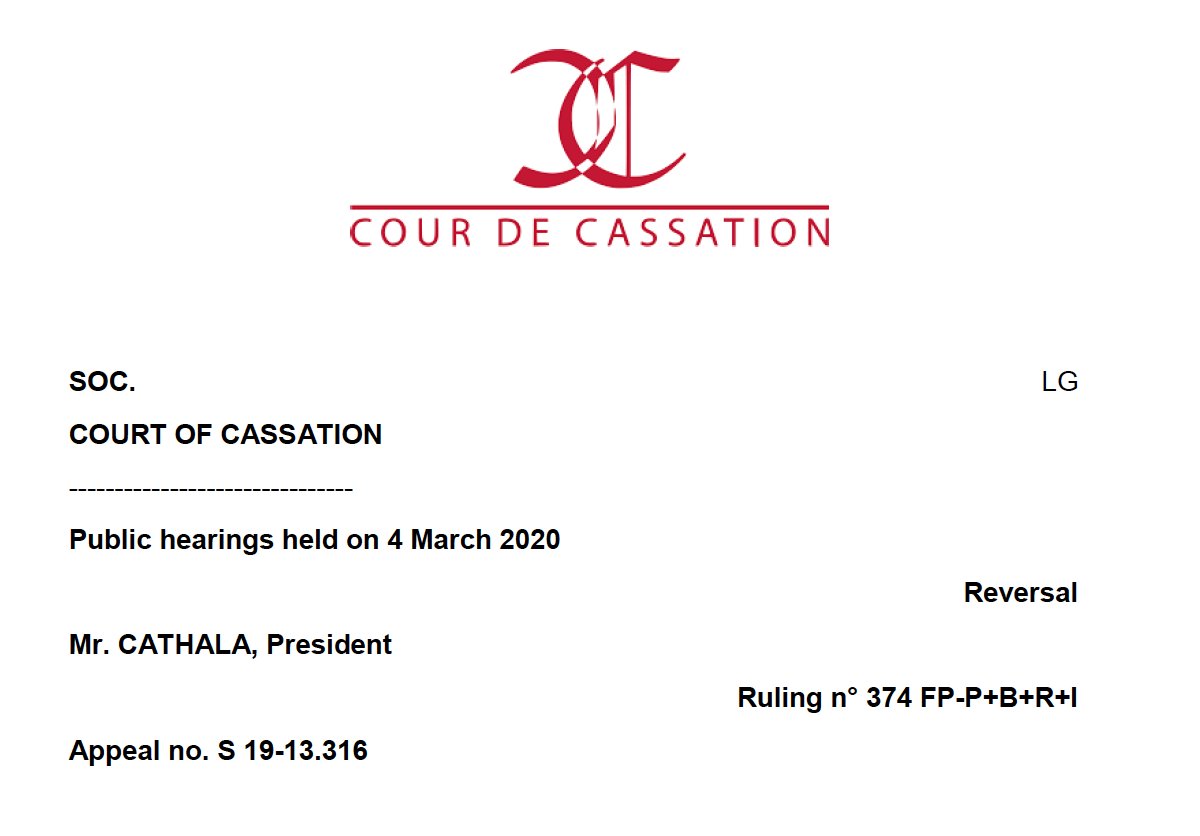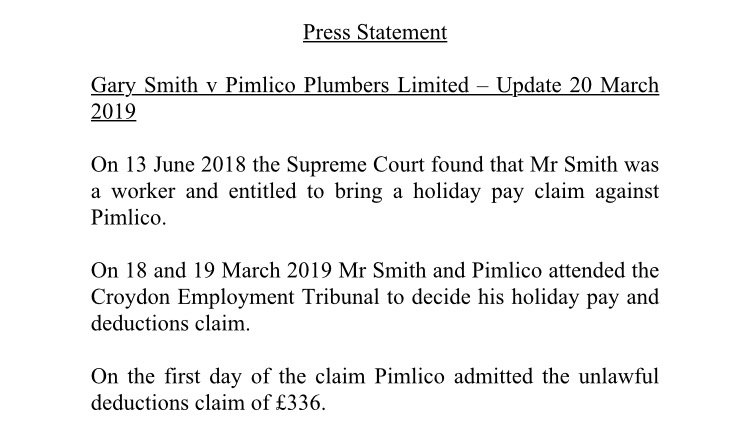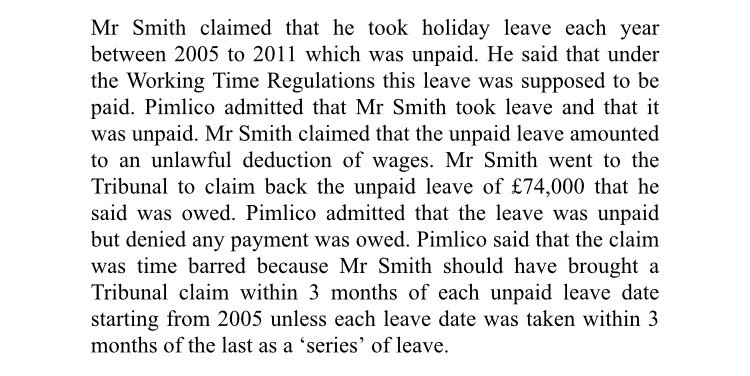🚨📢 Major #gigeconomy news: new #EU rules for platform work published today, incl employment status presumption and rules for algorithmic management – innovative & welcome measures. Let’s take a closer look 🧵👇 

Given the explosive growth of platform work across Europe, improving the conditions of PF workers was a key commitment in @EU_Commission Pres @vonderleyen ‘s political guidelines @NicolasSchmitEU @EU_Social 

@EU_Commission @vonderleyen @NicolasSchmitEU @EU_Social The proposal seeks to realise this through three specific objectives: 1) ensuring correct employment status, 2) fairness, transparency, and accountability in algorithmic management, and 3) enhance transparency in PF work and improve enforcement of applicable rules 

@EU_Commission @vonderleyen @NicolasSchmitEU @EU_Social Some key definitions first: The focus is on ‘Digital Labour Platforms’ (DLPFs), as defined in Art 2(1) – so @Uber, @TaskRabbit @Deliveroo @glovo & co are definitely in, whereas @airbnb &co are probably out 

@EU_Commission @vonderleyen @NicolasSchmitEU @EU_Social @Uber @TaskRabbit @Deliveroo @glovo @Airbnb ⚠️Interestingly and importantly, diff't measures cover both ‘persons performing platform work’ (‘irrespective of … contractual designation’) and ‘platform workers’ in regular employment relp’s (requiring some clever legal basis footwork for EU constitutional law afficinados!) 

@EU_Commission @vonderleyen @NicolasSchmitEU @EU_Social @Uber @TaskRabbit @Deliveroo @glovo @Airbnb On to objective #1: tackling the wide-spread misclassification of workers as self-employed ‘micro-entrepreneurs’, beginning w/ a strong reassertion of the principle of primacy of facts, as recognised by the CJEU in FNV Kunsten, most MS legal systems, ... 

and reflecting clearly @ILO R198; my only concern here is a potential sense of only a single party being identified as ‘the’ employer even though things can be more complex in reality, as @martinrisak and I have argue here 👉 ssrn.com/abstract=27330…
At the heart of the Directive is a legal presumption of employment status where the platform controls work performance, i.e. when it fulfils at least two of five listed criteria incl wage setting, conduct & appearance, algorithmic mgt, and limits on task choice &c 

This presumption can be rebutted – but the burden of proof is on the platform, and the proceedings can’t suspend the legal presumption in Art 4. 

Next, objective #2: ‘ensuring fairness, transparency and accountability in algorithmic management by introducing new material rights for people performing platform work’ – a topic particularly close to our work on the @ERC_Research iManage project @OxfordLawFac w/ @LawAislinn&al 

@ERC_Research @OxfordLawFac @LawAislinn Here, we find some genuinely innovative and helpful provisions, to be explored and discussed in details in the weeks and months ahead. Art 6 mandates ‘Transparency on and use of automated monitoring and decision-making systems’ 

… as well as automated decision-making systems (thus probably overcoming some of the difficulties w/ Art 22 GDPR highlighted in recent brilliant work by @mikarv and @RDBinns) 

There are also extensive information & consultation rights for worker representatives, incl expert advice 

⚠️ Crucially, the rights in Arts 6, 7 & 8 ‘should also apply to persons in the Union performing platform work who do not have an employment contract or employment relationship’ (r 40) 

Finally, there’s objective #3: ‘enhancing transparency and traceability of platform work ... & enforcing existing rights and obligations in relation to working conditions and social protection’ - rights w/out teeth are paper tigers ssrn.com/abstract=33965… 

This is to be achieved, first, through information access, in particular for domestic labour and social protection authorities (Art 12) 

… a really interesting and genuinely novel right of communication through platform channels (without the PF's monitoring), … 

There are also anti-victimisation provisions, including both Protection against adverse treatment or consequences, and protection from dismissal. 

Finally, and importantly (cf e.g. ongoing discussions about the #AI Act), this is an act of minimum harmonisation – EU law lays down a floor of rights, on which MS can build. 

So, What should we make of this? 3 initial thoughts. 1/ Overall, an important step in the right direction – tackles the key issue of misclassification, but also moves beyond status into the challenges of algorithmic management, as discussed here - ssrn.com/abstract=36611… 

More fundamentally, whilst details remain to be worked out during the legislative process, today’s proposal is part of a package of recent and forthcoming legislation, such as the Transparent and Predictable Working Cond's Dir, that show a renewed impetus towards a #socialeurope 

The Pillar of Fundamental Rights is clearly at work here… and sectoral regulation has to be the way forward as an important element of regulating the digital single market (I’m looking at you, #AI Act proposal…! @kimvsparrentak ) 

The main criticism / 'could do better' I'd raise is the proposal’s exclusive focus on PF work: given that they gig economy is not a silo in the labour market, the algorithmic management rights should be extended to *all* workers (but I do take the point re commission mandate &c) 

That’s it for now - @LawAislinn and have put together a blog post with more details for @OxHRH, now available at ohrh.law.ox.ac.uk/improving-work… 

Here's a link to the draft proposal, and related documentation 👉 ec.europa.eu/social/main.js…
For important and interesting commentary, check out @valeriodeste & @_aloisi socialeurope.eu/european-commi…, @TowardsFairWork - bit.ly/3pDKg7L, @MartinRisak awblog.at/neue-eu-richtl…, & @N_Countouris socialeurope.eu/regulating-dig…
• • •
Missing some Tweet in this thread? You can try to
force a refresh









